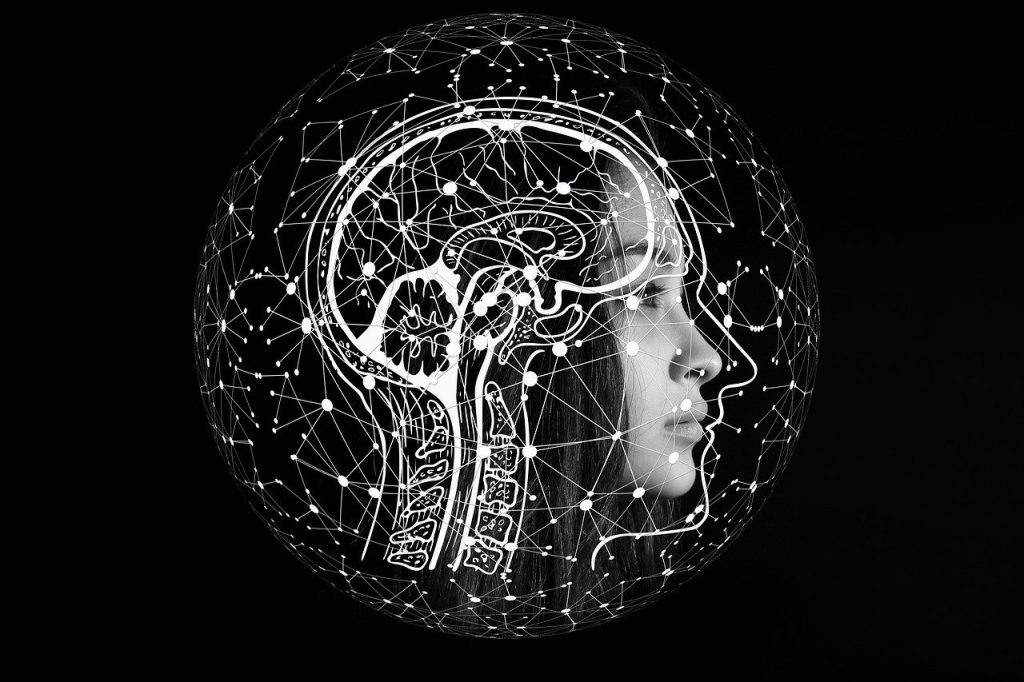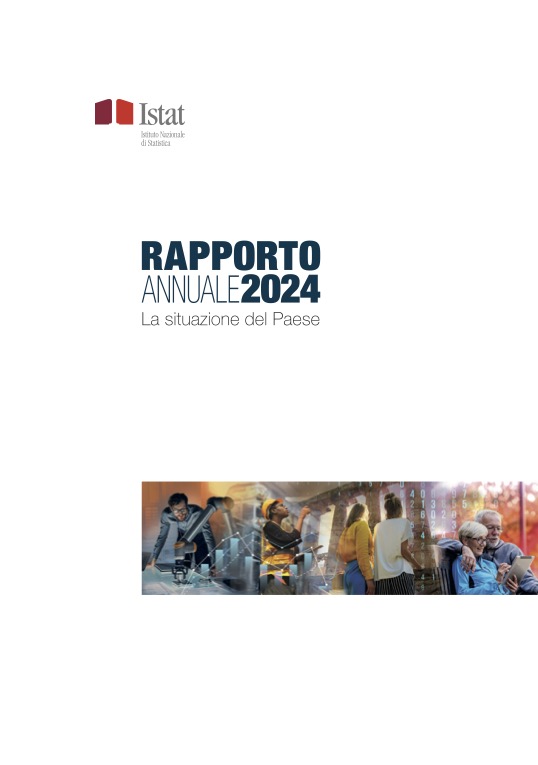
There is a lot of talk about Artificial Intelligence and how it can help us improve our work and our daily lives: even the search engine Google, as The Post writes in this article, wants to convince billions of people to use its artificial intelligence systems, to get all the answers.
Phillip Koralus, a philosopher who works with artificial intelligence, together with his colleagues at Oxford University is developing a new system in England to be able to work with AI and integrate it into our world. And he is convinced that philosophy is the most suitable means to protect humanity.
“Today’s artificial intelligence paradigm has allowed us an incredible increase in human capabilities, but we may not be as close to the vision of an AI as an independent entity with a mind of its own as some might believe.” – Phillip Koralus
But what do we really know about AI?
Let us first start with its definition.
Artificial Intelligence (abbreviated AI) is the ability of a computer system to simulate human intelligence through the optimisation of mathematical functions.
Photo by Gerd Altmann from Pixabay

Today the ethical question is much debated among scientists and philosophers, Stephen Hawking during aninterview granted to the BBC spoke about the dangers of Artificial Intelligence, even considering it “a threat to the survival of humanity”. However, we are all likely to argue that, rather than an ethical AI, what is needed is a‘transparent’ AI: as Wired says in its latest in-depth article on the subject, ‘The debate, then, is not about the ethics of AI, but about what technical characteristics AI should have to enable us to use it ethically. Among them, the Manifesto for the Sustainability of AI, by the Foundation for Digital Sustainability”…
Beyond ethical issues, it is certain thatArtificial Intelligence can help companies innovate. Just think of the benefits it brings in automating processes, analysing data, improving security, optimising the supply chain and product and service innovation itself.


AI and companies: are there benefits?
Companies that choose to use Artificial Intelligence can improve their competitiveness, efficiency and innovation. In the manufacturing sector, for example, several companies are using it to improve production and reduce downtime through predictive maintenance.
Photo by Hitesh Choudhary on Unsplash
Some of the main benefits that companies can gain if they choose to use AI are:
- Increased operational efficiency
AI can automate repetitive and time-consuming tasks such as email management, invoice processing and customer service, reducing operational time and costs. For manufacturing companies, AI can predict machine breakdowns and schedule preventive maintenance, reducing downtime and repair costs.
- Improving the Customer Experience
AI can offer personalised experiences by increasing customer satisfaction and loyalty. Just think of e-commerce platforms, which can recommend products based on previous purchases, or AI-powered customer support chatbots, which can provide immediate and continuous assistance improving customer service and reducing response times.
- Optimising Corporate Decisions
AI allows large volumes of data to be analysed to identify trends and patterns; machine learning algorithms can predict market trends and customer behaviour, helping companies to plan and adapt their strategies.
- Innovation and new product development
AI accelerates the R&D process, enabling companies to create innovative new products and services. AI can also support product design through simulations and optimisations, reducing the time needed to go from idea to final product.
- Improving Security
Cybersecurity: AI-based security solutions can identify and neutralise threats in real time, protecting sensitive data and corporate infrastructure. AI algorithms can then detect fraudulent activities by analysing anomalies in transaction behaviour, protecting companies from financial losses.
- Optimising the supply chain
AI can optimise inventory management by predicting demand and suggesting timely replenishment, reducing storage costs and unused stock. It can also improve logistics efficiency by optimising delivery routes and reducing transport times.
Italy, however, lags behind on AI
Italy, however, lags behind in the global artificial intelligence landscape, where China seems to be the undisputed leader at the moment. In 2023, only 5% of companies in Italy used AI, compared to 8% of the EU average and 11% in Germany (Source: Istat Annual Report).

In our country, the highest concentration of companies adopting AI is found in the ICT (Information and Communication Technologies, 23.6 %), TLC (Telecommunications, 13.3 %) and Computer Manufacturing (9.6 %) sectors , and mainly in larger units.
In terms of area of use, while large Spanish (22.1 per cent) and German (17.9 per cent) companies apply AI primarily to workflow automation and decision support, their Italian and French counterparts favour data analysis and machine learning (12.5 and 11.7 per cent, respectively).
And even though Italian companies are well aware of the potential of AI, they encounter numerous obstacles in its use, as Istat tells us in its latest Report: the high costs (49.6%), the lack of availability and quality of the necessary data (45.5%), but also the lack of skills (55.1% of cases).
The European plan: the digital decade
Europe is therefore trying to adapt by highlighting the need for effective policies and targeted investments, and as part of the ‘digital decade’, the European Commission has set a range of targets to be achieved by 2030 to drive Europe’s digital transformation.
All in all, the Italian roadmap envisages an investment of around EUR 30 billion, which will largely draw on the EU funds allocated to the PNRR. Other allocations are also foreseen from specific investment incentive programmes for the digital transition of enterprises.
Objective: to increase the share of enterprises using cloud computing, big data and AI in business processes to 75 per cent
Specifically on the subject of AI, one of the objectives of the plan is toincrease to 75 per cent the share of companies that use cloud computing, big data , and AI in their business processes. For Italian companies, in fact, the adoption of AI represents a significant opportunity to prosper in an increasingly dynamic and competitive global market, within which AI is no longer just but a real necessity.
Did you know that?

AI for Good is the UN IT platform that aims to promote AI through the development of concrete projects in the field of Artificial Intelligence, to improve health, climate, gender, inclusive prosperity, etc…
Starting in 2017 AI for Good organises an annual global event, the 2024 edition is set for 30/31 May 2024 in Geneva, Switzerland.
EU, final green light for AI law
On 21 May 2024, the EU Council gave the final green light to the AI act, the first EU law in the world that will regulate the use and development of artificial intelligence.
The law basically has two objectives: to protect citizens and democratic systems themselves from the risks (starting with deepfakes and the disinformation that can result from them) of a technology that is still being explored and tested; and to stimulate the development of Ia in Europe, in order to shorten the distance that the Union has accumulated vis-à-vis its global competitors, the United States and China in the lead.
